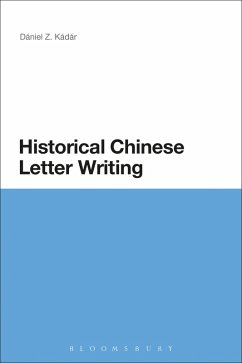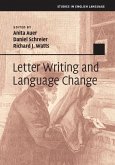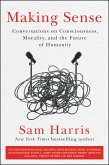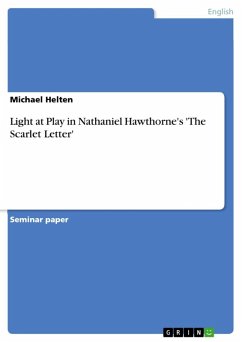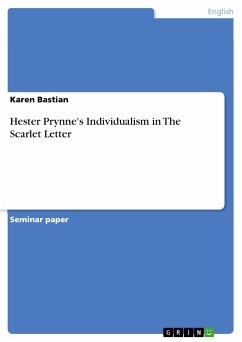Dániel Z. Kádár was awarded with the Academy Award for Young Outstanding Scholars by
the Hungarian Academy of Sciences for this book.
Letter writing is a pivotal yet neglected medium of historical Chinese communication. The epistolary format is key to sinological research. As historical letters have a specific vocabulary and rhetorical structure it is difficult to read them without the supporting apparatus of specialised study.
This compendium fills the gap in Chinese studies by providing a bilingual Chinese-English edition of a corpus of Chinese letters, prepared for advanced students of Classical Chinese as well as academics with an interest in historical Chinese epistolary art. The book has a broad and general introduction, systematically constructed vocabulary sections as well as detailed grammatical and philological explanations.
It focuses on Qing Dynasty (1644-1911) letter writing, a high point of pre-1911 epistolary activity in Chinese, and will appeal to Chinese scholars and Sinologists at a broad range of academic levels.
the Hungarian Academy of Sciences for this book.
Letter writing is a pivotal yet neglected medium of historical Chinese communication. The epistolary format is key to sinological research. As historical letters have a specific vocabulary and rhetorical structure it is difficult to read them without the supporting apparatus of specialised study.
This compendium fills the gap in Chinese studies by providing a bilingual Chinese-English edition of a corpus of Chinese letters, prepared for advanced students of Classical Chinese as well as academics with an interest in historical Chinese epistolary art. The book has a broad and general introduction, systematically constructed vocabulary sections as well as detailed grammatical and philological explanations.
It focuses on Qing Dynasty (1644-1911) letter writing, a high point of pre-1911 epistolary activity in Chinese, and will appeal to Chinese scholars and Sinologists at a broad range of academic levels.

